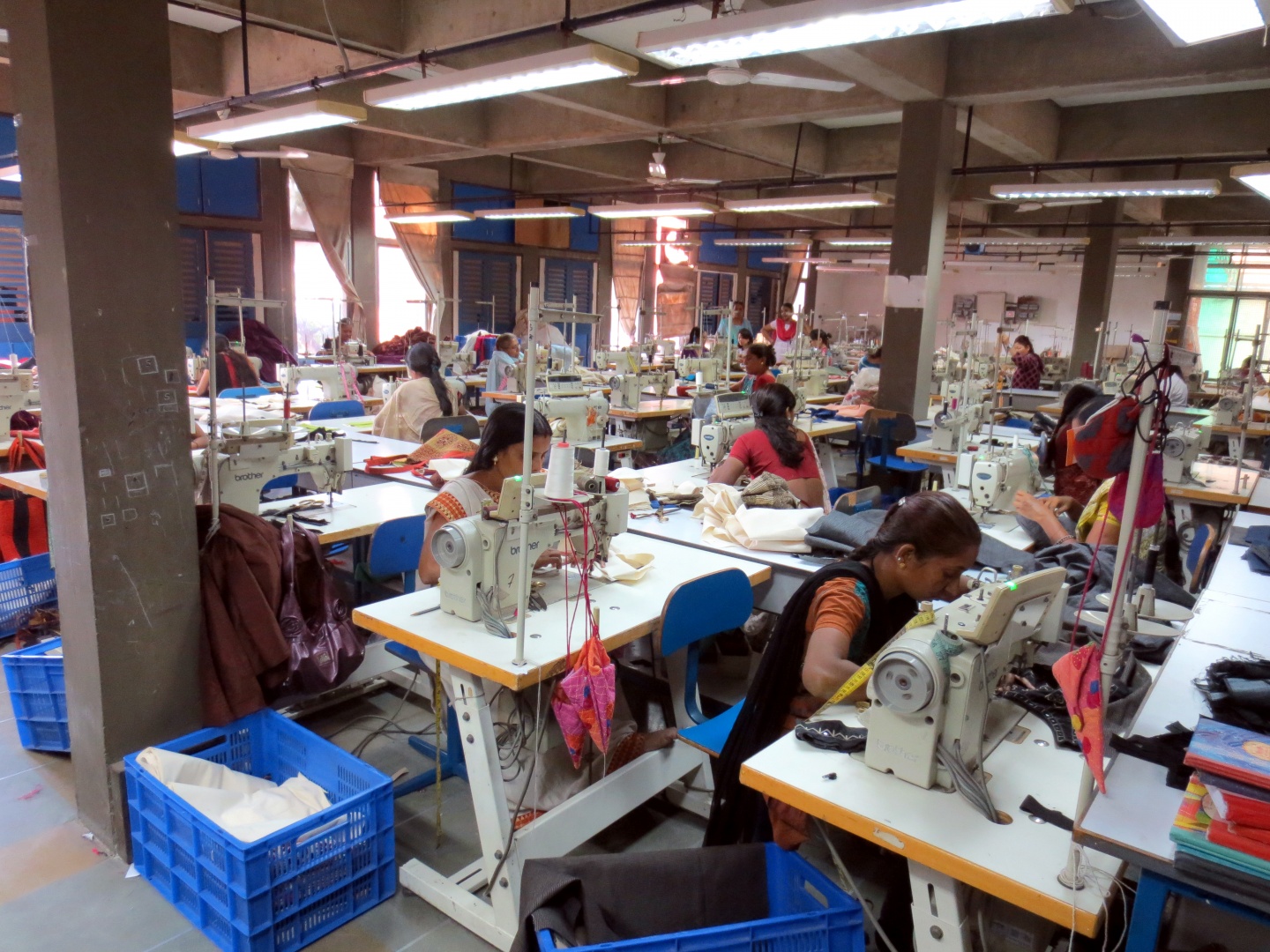21 July, 2016Recent reports, including a television investigation, have revealed a pervasive culture of sexual harassment and stressful working conditions endured by workers in Indian garment factories in Gurgaon (now Gurugram) and Bangalore.
The reports confirm what garment workers, their unions and women’s rights activists have been saying about the hostile working environment faced by women garment workers while earning a living.
Courageous testimonies of women garment workers, who some of whom work in factories supplying to global brands, revealed a deep-rooted, callous, sexist work culture, and the psychological impact it has on women.
Women garment workers recounted ordeals of sexual harassment including physical advances, demands for sexual favours and sexual remarks made by male supervisors on the shop floor. Perpetrators promised preferential treatment for sexual favours, and threatened women workers with repercussions if they refused their advances.
Regular audits conducted by brands have failed to adequately address these issues, pointing to the inadequacy of company auditing processes. Testimonies of workers reveal that they are tutored and forced to suppress facts at the time of audits.
In 2013, the ‘Sexual Harassment of Women at Workplace (Prevention, Prohibition and Redressal) Act was passed by the government of India with detailed provisions to prevent and address sexual harassment at workplace. The Act, which is applicable to both the formal and informal workforce, mandates that all establishments having more than ten workers are to form an Internal Complaint Committee (ICC), and establishments with less than ten workers are to go to a Local Complaints Committees (LCC) at the district level to receive and act upon complaints of sexual harassment. This legislation also offers clear-cut procedures to deal with workplace sexual harassment.
The reports reveal that most of the garment-manufacturing units do not have appropriate mechanisms to prevent and redress incidences of sexual harassment as mandated in the 2013 Act, and are in violation of the Act.
Often the social and cultural stigma around sexual harassment does not allow women workers to break their silence on the issue. Hostile and precarious work environments in garment units, and laxity of government authorities in addressing workers grievances reinforces workers’ vulnerability and leads to further victimization.
Trade unionists working among garment workers say that workers face an environment of fear and intimidation and are subjected to serious discriminatory treatments when they join unions or complain against sexual harassment. The mostly male leadership of unions also acts as an inhibiting factor. In these circumstances most women workers prefer to stay silent and do not reach out to unions for support.
Only at the end of June, the government of India announced a special package of Rs 6000 crores (US$900 million) for the textile and apparel sector with the intention of generating one hundred million jobs in three years, intended to attract investments of US$11 billion and generate US$30 billion in exports. This package will mean nothing for workers unless the government ensures that women workers' rights are protected.
Apoorva Kaiwar, IndustriALL's regional secretary for South Asia, stated:
The law in India must be enforced to make sure that women workers complaining of sexual harassment are supported and are able to access and get justice. Government, employers and brands should work with workers’ representatives to prevent sexual harassment at workplaces and create an environment in which workers can freely exercise their statutory rights. IndustriALL will work with garment workers’ unions to ensure that sexual harassment of women workers is a priority issue for unions.
